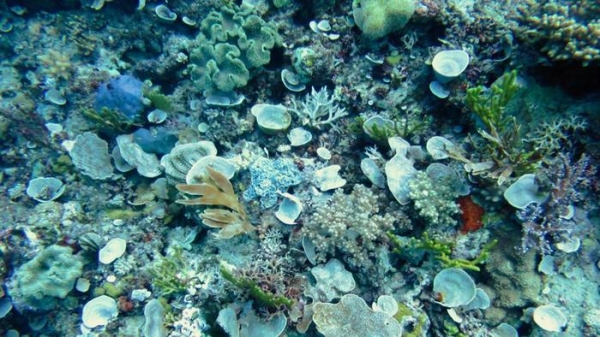Sea sponges are essential to marine ecosystems. They play critical roles in the ocean, as they provide shelter and food to a plethora of marine creatures, recycle nutrients by filtering thousands of litres of sea water daily, and are hosts to microbes that may be the key to some of the most pressing medical challenges we face today.
Now, scientists from UNSW have discovered that when a tropical sea sponge is exposed to warmer temperatures, it loses an important microbe, which could explain why the sponge tissue dies.
The latest study, published in ISME Communications, has revealed that by exposing sea sponges to a temperature increase of 3°C, one essential microbe abandons the sponge, potentially causing tissue poisoning.
Read more at: University of New South Wales
The latest findings suggest that thermal stress disturbs sponge-microbes symbiosis, which likely causes the sponge to die. (Photo Credit: Heidi Luter)


